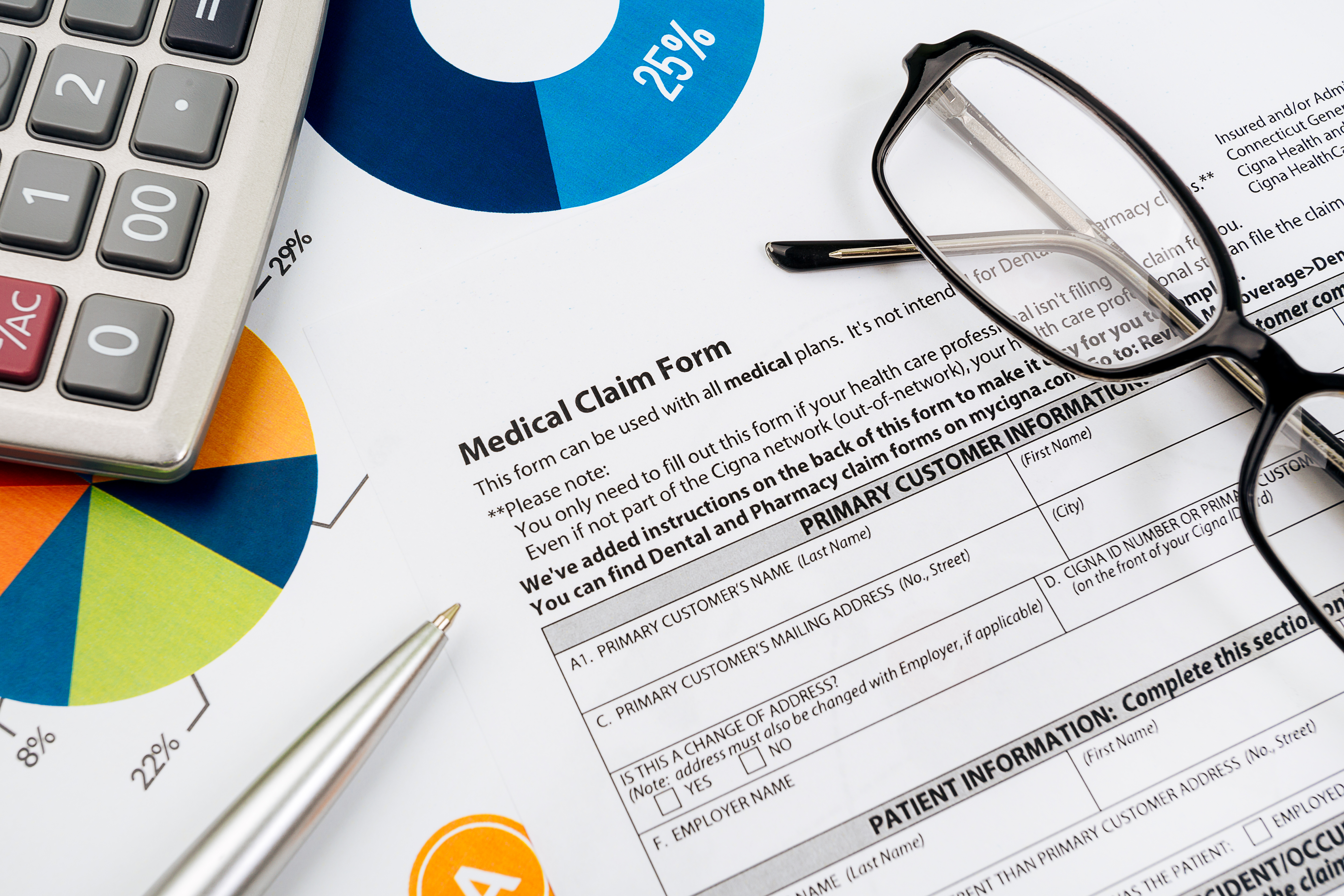Last week in Gainesville, Florida, a woman scolded her physician for waiting over an hour to be seen by her doctor. The woman’s daughter recorded the heated interaction, which brought much attention to the frustration of long waits at the doctor’s office that many of us have experienced.
To avoid moments of upset like this incident as well as the stress that can come along with going to the doctor, we’ve compiled a list of to-dos to better prepare you for your next appointment.
1) Schedule the first appointment of the day. Clinics, in particular, are highly populated, according to menshealth.com. Before they get backed up, you’re more likely to have a shorter wait time if you’re one of the first appointments of the day.
2) Request paperwork in advance. To avoid extra waiting time at the doctor’s office, request for your paperwork to be sent to you prior to your appointment. Sarah O’Leary, founder of Exhale Healthcare Advocates told Huffington Post that this allows you to spend more time reading the fine print and answering the questions more accurately, rather than just rushing to get it done when you’re in the waiting room.
3) Write it down. Take a moment before your appointment to write down all of your symptoms, medications, specialty doctors, and your questions. Not only will this help you to remember everything that you want to tell and ask your doctor, but it also helps the doctor better understand your preexisting health when you explain the details of your symptoms, according to webmd.com.
4) Call before your appointment. The simple act of calling ahead to see if your doctor is on time will prepare you for the long wait time, according to O’Leary. It’s even appropriate to ask the receptionist if you can run a quick errand if you see that you’re in for a long wait. Just make sure to arrive back on time so other patients aren’t seen before you.
5) Bring a second set of ears. Having a friend, spouse or sibling come along with you to your appointment can help you to remember what the doctor says. It would be even better if they are also able to take notes during your appointment.
6) Don’t be embarrassed. If you have a more personal topic to bring up to your doctor, it’s helpful to practice what you plan to say according to Terrie Wurzbacher, MD, a Navy physician for more than three decades and author of a book titled Your Doctor Said What? Exposing the Communication Gap. Once you’ve repeated it a few times to yourself, it becomes easier to say. Plus, there is really no need to be nervous as your doctor has likely heard it before, Wurzbacher says.
7) Be open to suggested treatments. Some patients go to their doctor with a predetermined idea of what treatment they should receive, according to Stephen Permut, MD, chairman of family and community medicine at Temple University School of Medicine in Philadelphia. For instance, if a patient comes in with a headache and requests an MRI, even if the physician can easily diagnose the patient with tension headaches, they won’t be satisfied until you arrange an MRI for them. Permut says, “I think you have to take the time to educate patients about what the issue is and what your plans are for ordering tests down the line.” Having an open mind can allow you to receive the treatment that is best for you.


